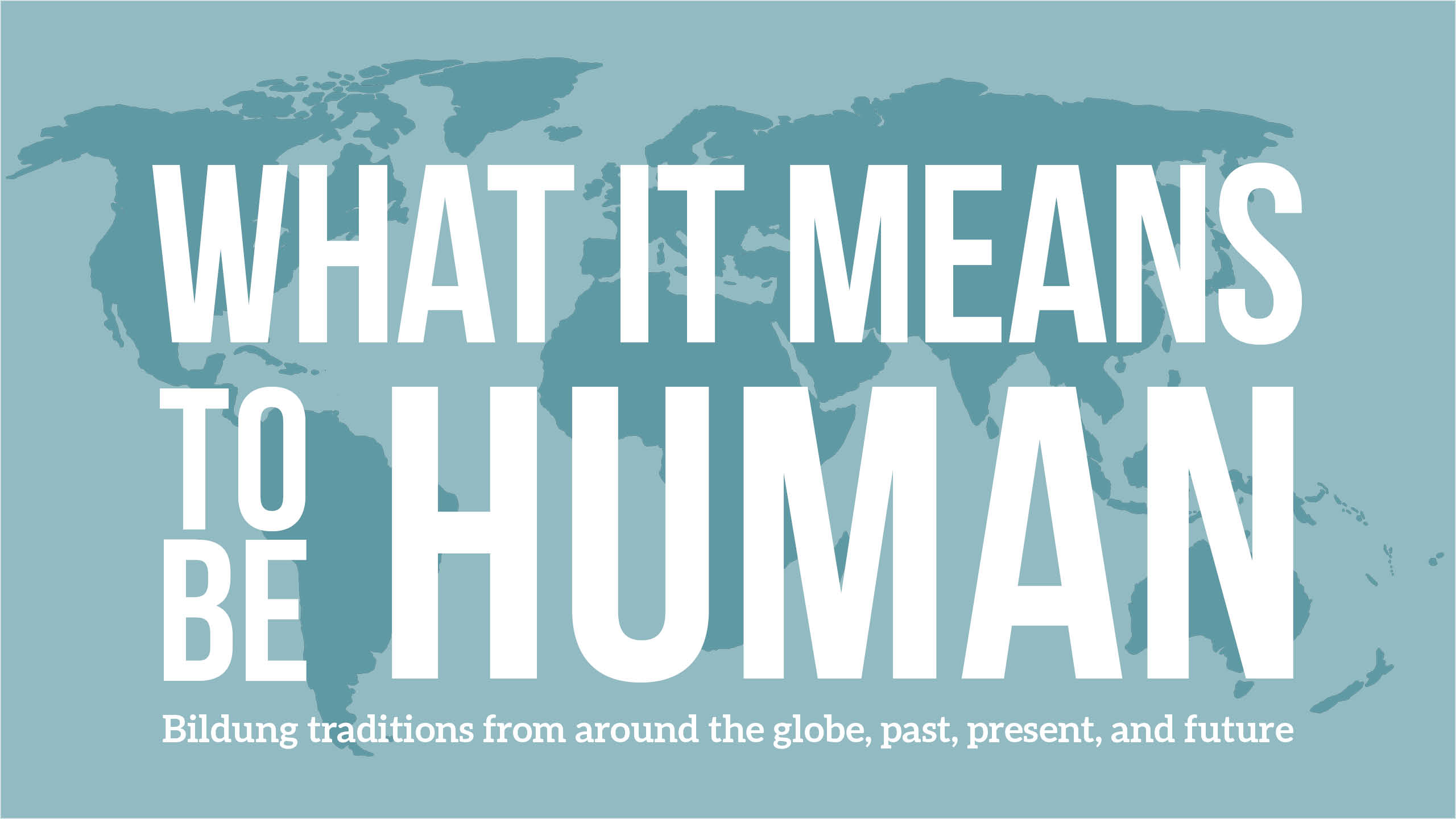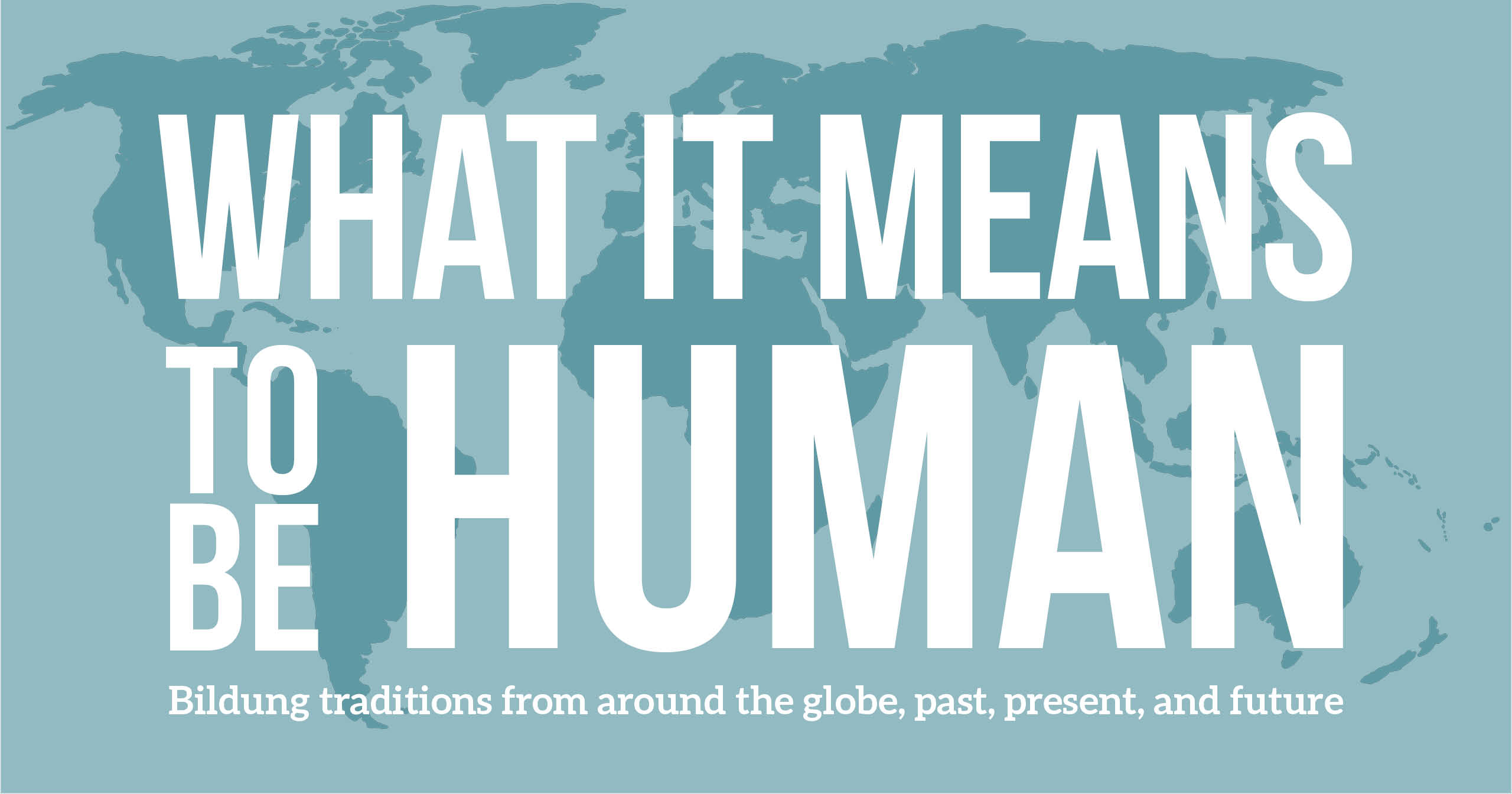
Around the globe, there are many traditions that deal with the human need for belonging and formation: To be part of a group and to evolve as an individual and become You.
In Europe, this goes by the name Bildung, in parts of Africa, it is called Ubuntu, and in Latin America Buen Vivir. In other parts of the world, it has different names.
It is a hallmark of humanity and our ability to build civilizations and keep social peace that we educate and form our minds and hearts so that we can live peacefully in mutual disagreement and even get to the point where we may appreciate differences and plurality.
This book is about these traditions from around the globe.
It is also about what happens to humanity when we are confronted with the challenges of the 21st century, such as social media, AI, and the risk of being bombarded with fake news. How can we educate for such a complete shift in the human condition?
To make sense of that, we need to explore what it means to be human.
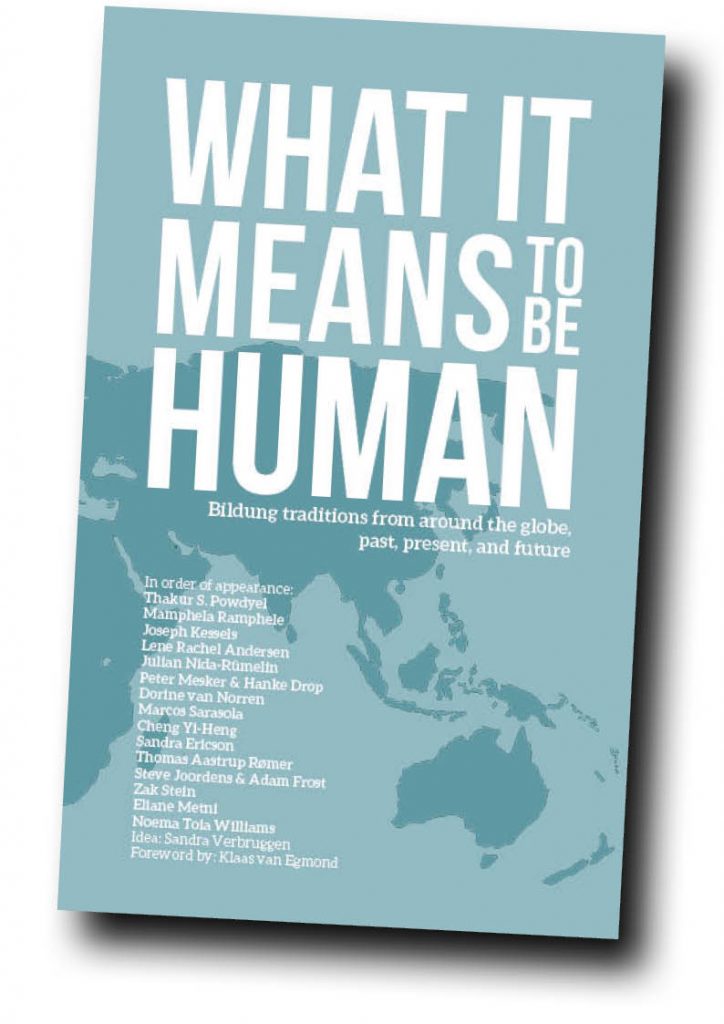
What it Means to be Human
Publication date: March 21, 2024
ISBN hard cover: 9788793791-32-9
ISBN paperback: 9788793791-34-3
ISBN ebook: 9788793791-33-6
178 pages
Hard cover: $24.99, €22.99
Paperback: $14.99, €13.99
E-book: 9.99
All online book stores have the book and your local book store can order it,
but prices may vary and you may have to provide the ISBN number for them to find it.
The book was launched on Global Bildung Day, which you will find here: https://www.globalbildung.net/gbd2024-march-21/
We have now renamed Global Bildung Day and call it The Global Meeting on Equinox: What it Means to Be Human. The next event is here: https://www.globalbildung.net/what-it-means-to-be-human-2024-september-21/
Meet the Autors
In order of appearance in the book
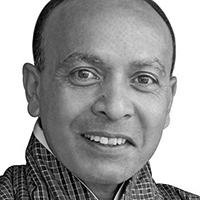
The World That Might Have Been
Thakur S. Powdyel, former minister of education, Bhutan

Ubuntu & Bildung; Our Common Heritage
Mamphela Rampele, co-president of the Club of Rome 2018-2024, South Africa
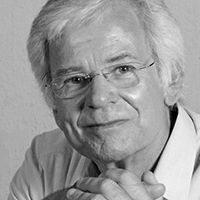
Personal growth, Lifelong Learning and Democracy
Joseph Kessels, professor emeritus in human resource development, the Netherlands
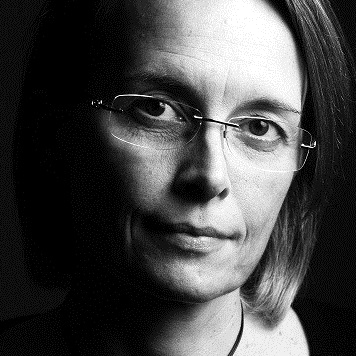
The Significance of Bildung
Lene Rachel Andersen, futurist, member of the Club of Rome, Denmark

Practical Implications of a Philosophy of Humane Education
Julian Nida-Rümelin, professor of philosophy, former state minister of culture, Germany
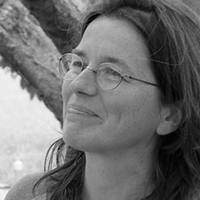
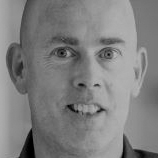
Let’s Be Makers Instead of Followers
Peter Mesker & Hanke Drop, educators, the Netherlands

Bildung and Worldviews: Education through Ubuntu, Buen Vivir, and Happiness
Dorine van Norren, diplomat, the Netherlands
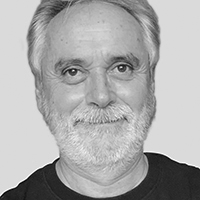
The Transformative Encounter
Marcos Sarasola, vice rector of academic programs Universidad Católica del Uruguay, Uruguay
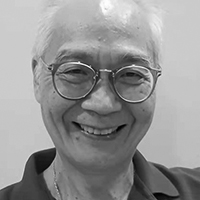
Confucian Bildung, Past, Present, and Future
Cheng Yi-Heng, guest professor of Tongji University, member of the Club of Rome, China
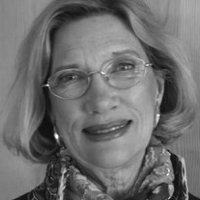
Understanding Human Ecology Education and Its Foundational Value for Transforming Society
Sandy Ericson, educator, chaired the Consumer Arts and Science Department at City College of San Francisco for 28 years, USA
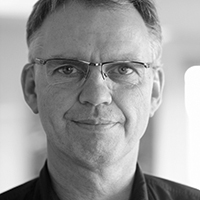
From Bildung to Identity
Thomas Aastrup Rømer, public intellectual, senior consultant at the think tank Prospect, Denmark
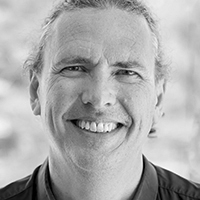
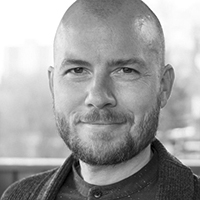
The Decline of the Bildung Human
Steve Joordens professor of psychology and post.doc. Adam Frost, Canada
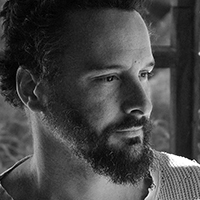
The Last Educators
Zak Stein, writer, educator, futurist, USA

Bildung Brings Hope and Empowerment in Post-Conflict Contexts
Eliane Metni, director International Education Association, Lebanon
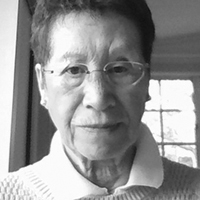
What it means to be human. Kōtahitanga, Unity, Togetherness
Dr. Noema Toia Williams, great-grandmother, Aotearoa, New Zealand
Meet the team
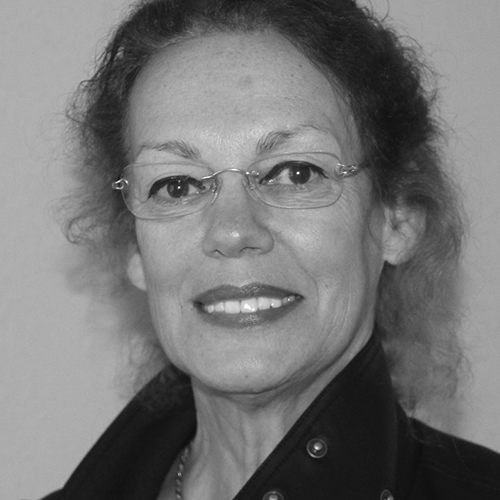
Sandra Verbruggen,
the Netherlands
Got the idea for the book and contacted Klaas and Lene
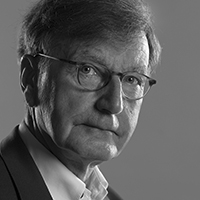
Klaas van Egmond,
the Netherlands
Drafted the first call for contributions and has written the foreword

Lene Rachel Andersen,
Denmark
Editor and publisher
We would like to thank Dorine van Norren and Alexis Stones for all the time and effort they put into co-developing this book.
